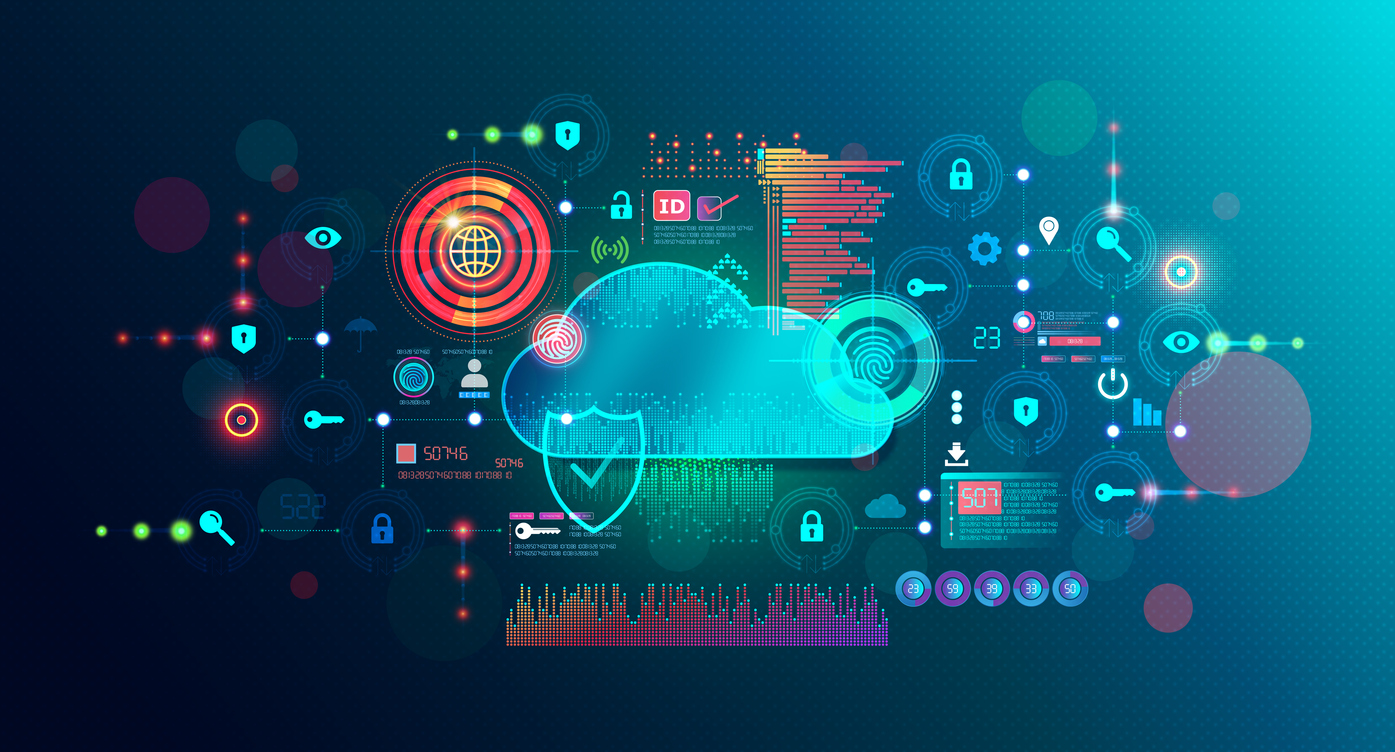Keeping your data safe and secure is more important today than it has ever been before. We hear about security breaches on the news more and more frequently, and sometimes they affect us personally. You want to keep your personal information secure as well as that of your church and its members. There are simple things you can do to keep your information safe.
Strong Passwords
Many people use very easy to guess passwords because they don’t realize how dangerous they are. According to SplashData, here are the 25 most commonly used passwords of 2013:
1) 123456
2) password
3) 12345678
4) qwerty
5) abc123
6) 123456789
7) 111111
8) 1234567
9) iloveyou
10) adobe123
11) 123123
12) admin
13) 1234567890
14) letmein
15) photoshop
16) 1234
17) monkey
18) shadow
19) sunshine
20) 12345
21) password1
22) princess
23) azerty
24) trustno1
25) 000000
If you see your password here, changing your password needs to be on today’s to do list.
You want passwords that you can remember, but that others cannot easily guess. This should apply to any passwords you use for any programs. You may want to think of a phrase, song title, or verse that you can easily remember and use the first letter of each word along with numbers or special characters. For example, I have 1 cat named Morris.
In this case, the password would be: Ih1cnM.
You should not share your passwords with others or write them down. If you have trouble remembering your passwords, you can use a password manager such as KeePass. You can also find password managers that you can install on your smartphone that are safe and secure.
Permissions
Within ACS Technologies software programs, you can set up different permissions for your users. This is important because everyone who works within your software doesn’t need access to everything. For example, you may have a user who needs to add and look up members, but since this person doesn’t work with the financial information, they don’t need to have access to it. On the other hand, you may have a user who needs to see financial information, but not personal comments and notes on an individual’s record or profile since that information may be sensitive.
Antivirus Software and Firewalls
It is vital that you maintain antivirus software on all of your workstations. Antivirus software removes computer viruses, spyware, adware, and other harmful items from your computers. This is so important because these items can actually steal your usernames and passwords and interfere with your data and software programs.
Many operating systems have built-in firewalls. Make sure these are enabled on your computer. You can also acquire additional firewall software and hardware for further protection.
Stay Alert
In addition to maintaining antivirus software, having strong passwords, and setting up permissions in your software programs, you should also follow these tips:
- Log out of the programs you are in at the end of the day and when you will be away from your desk for long periods of time. You may also want to lock your computer screen when you walk away from your desk, even for a few minutes, if you have any sensitive information accessible on your computer.
- Beware of suspicious emails. Emails that contain viruses are getting more and more sophisticated, appearing as though they came from a trusted company or someone you know. If you are uncertain about a link or an attachment, err on the side of caution and don’t open it.
- Install the updates for your operating system. Both Windows® and Mac® have regular updates that need to be installed to patch any holes in security.
- Use caution when browsing the internet and downloading software. Do your research first and make sure you are downloading from a reputable site. Pay attention to your browsers and note if anything looks suspicious after downloading files. Even those who use the internet often can fall prey to attacks by downloading something that appears to be legitimate.
Taking a proactive approach to computer security can save you lots of hassle and frustration.
Kelli is a Technical Writer who began her career at ACS Technologies as a support representative. She has a degree in mass communications with a minor in Spanish from Francis Marion University. She and her husband Mike will always have a house divided when it comes to college football teams.



